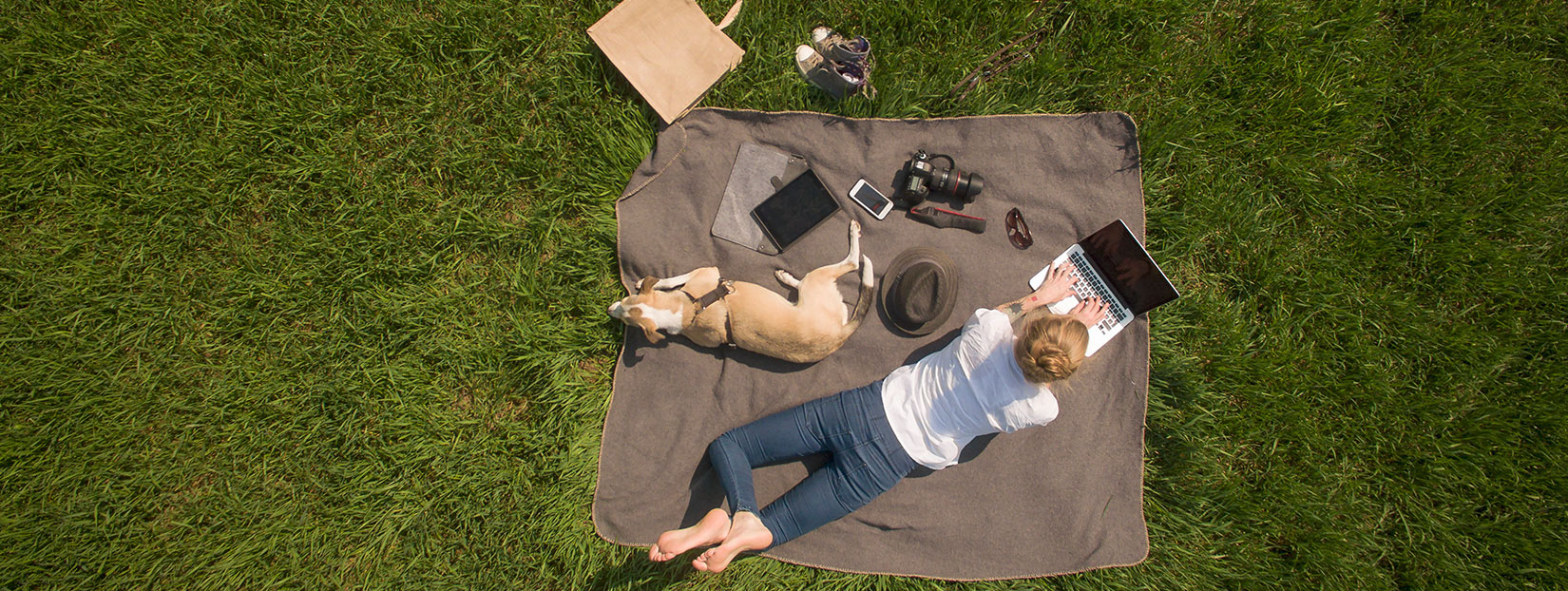Building Personal Resilience in Twelve Steps
“Energy drains are the enemy of resilience and so it is time this week to ‘dump the drains’.” – Jayne Carrington, Author
Some people are draining. The time you spend with them saps your energy and makes you feel so much worse. Let’s be realistic. This is easier said than done. There are some work colleagues and some family members who are a drain on your resilience but with whom you will need to spend time with. In these circumstances, the best you can do is be aware that time with them drains you, and minimize your contact.
Personal resilience involves protecting yourself, especially at times when you are particularly vulnerable, anxious or have heavy emotional or physical demands made on you.
It’s easy to spot energy drain factors. They may be people who make you feel worse about yourself, seem hypercritical or intolerant or who make you feel inadequate. They make you feel bad about yourself or unable to cope often at a time when you are already feeling low. Being with them (physically or virtually) may well be tiring or irritating. The effect on your personal resilience can be harmful.
Do you need to see them? Is it important that you get along with them? If so then you may well need to use a different approach. In many cases, this is simply not necessary, and quietly but firmly dump them. That “dumping” could be physically avoiding them or declining invitations to meet/speak. In our ever-increasing virtual world, it could mean no longer following them on social media groups. It’s another way of learning to say “no”.
Please don’t feel you have to explain your actions or hold some awkward discussion to resolve things. Of course, there are those people where it will be imperative for you to tackle the issue head-on --- but in many cases, all you need to do is quietly walk away or detach yourself from their social network. The power lies in your hands.
But it’s not only people who can be drains. Certain situations have the same negative impact on you. For example, you may be drained in the workplace by some of the banter, or the person who dominates meetings/calls, you may now find the trip to the supermarket a different and exhausting event, for others, it could be the weather, such as lack of outdoor sunshine and warmth.
Of course, we cannot always avoid “drain factors” but we do need to be aware of them and try and develop ways of managing them more effectively or avoiding them where possible. If we have too many things that sap our energy then we are more likely to suffer an illness, become unduly stressed, feel burdened, out of control or dispirited.
Conversely, some events and some people actually give us energy, make us feel good and help us to keep going through the tough times – these are called ‘waterfalls’. It is vital to recognise these resources and tap into them whenever we can to keep our energy levels high and to offset the adverse effects of the drain factors. For me, it’s music, laughter, exercise, a nice meal, a good book, fresh air and a walk, or being with people I love.
This week make a list of the people and the situations that sap your energy and are a drain on your physical and emotional resources. Then make a list of all the factors that supply your energy and focus on developing more of those.
Some situations and some people on that list cannot simply be “dumped”. But work through that list and spot those where really all you need to do is resolve to dump the drain. As quickly and as easily as possible. Simply reducing the drains and maintaining a good balance will increase your resilience and you will feel so much better for it.
One step each week. You will be amazed at the difference it will make.
Up next Step 4: Change Aware
----------------------------------------------------------------------------------------------------------------------------------------------------------------------
About the Author: UnitedHealthcare Global has chosen to work with Jayne Carrington, Health & Wellbeing Consultant & Executive Coach who is the author of this 12 Step Resilience Programme.
 Jayne has over 30 years of leadership and management experience to draw on, 20 years at Board level, and her consulting and coaching & mentoring approach is based on a wide range of professional roles and achievements, personal resilience and life-long learning. Formally trained at the Oxford School of Coaching & Mentoring, Jayne is a fully qualified Coach and Mentor. She has grown two major companies in the mental health and corporate wellbeing sectors and brought innovative solutions through to prominent national and international exposure, including working with the World Economic Forum and Business in the Community. Jayne has contributed to several articles, toolkits, speaking engagements along with other resources to support in the promotion of employee health and wellbeing.
Jayne has over 30 years of leadership and management experience to draw on, 20 years at Board level, and her consulting and coaching & mentoring approach is based on a wide range of professional roles and achievements, personal resilience and life-long learning. Formally trained at the Oxford School of Coaching & Mentoring, Jayne is a fully qualified Coach and Mentor. She has grown two major companies in the mental health and corporate wellbeing sectors and brought innovative solutions through to prominent national and international exposure, including working with the World Economic Forum and Business in the Community. Jayne has contributed to several articles, toolkits, speaking engagements along with other resources to support in the promotion of employee health and wellbeing.
